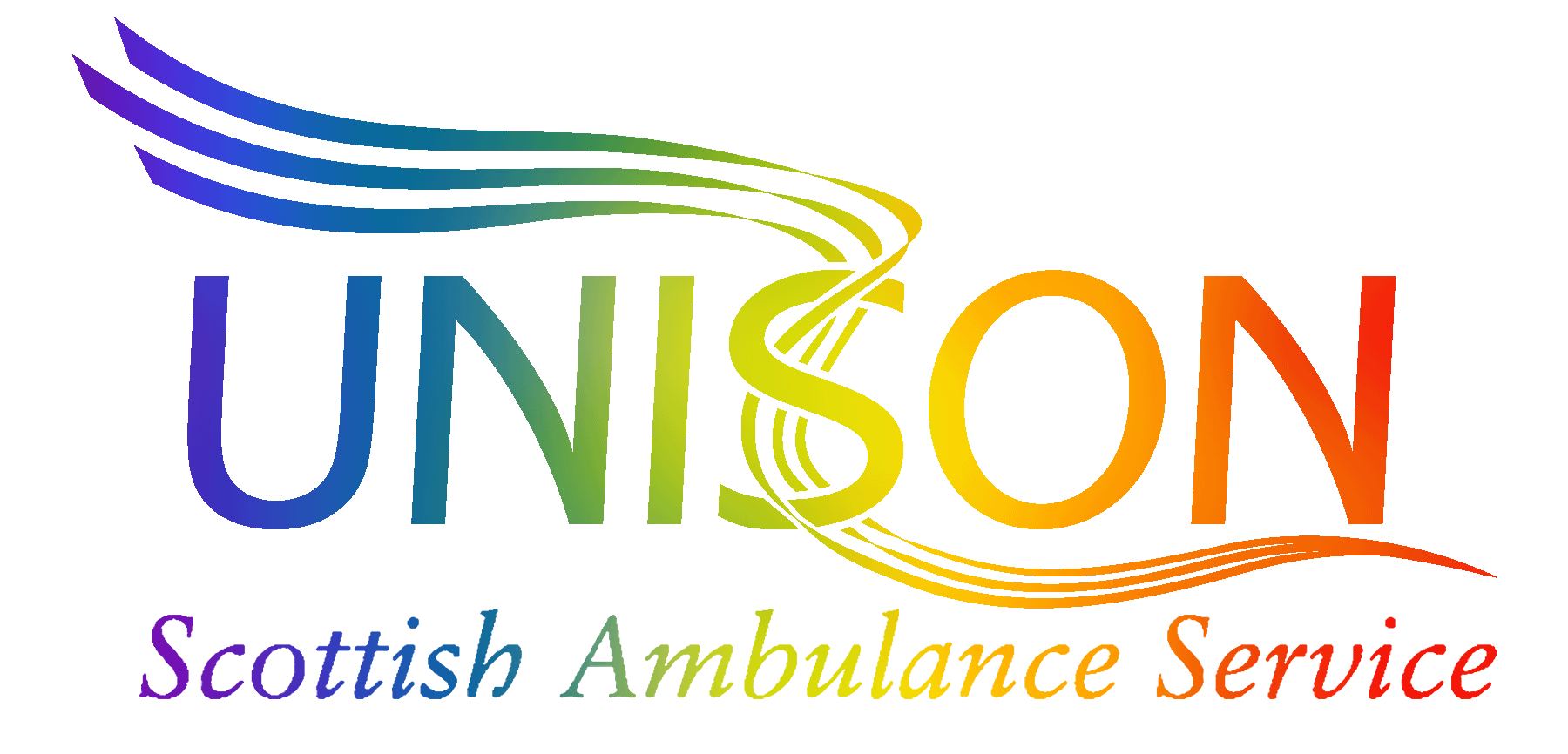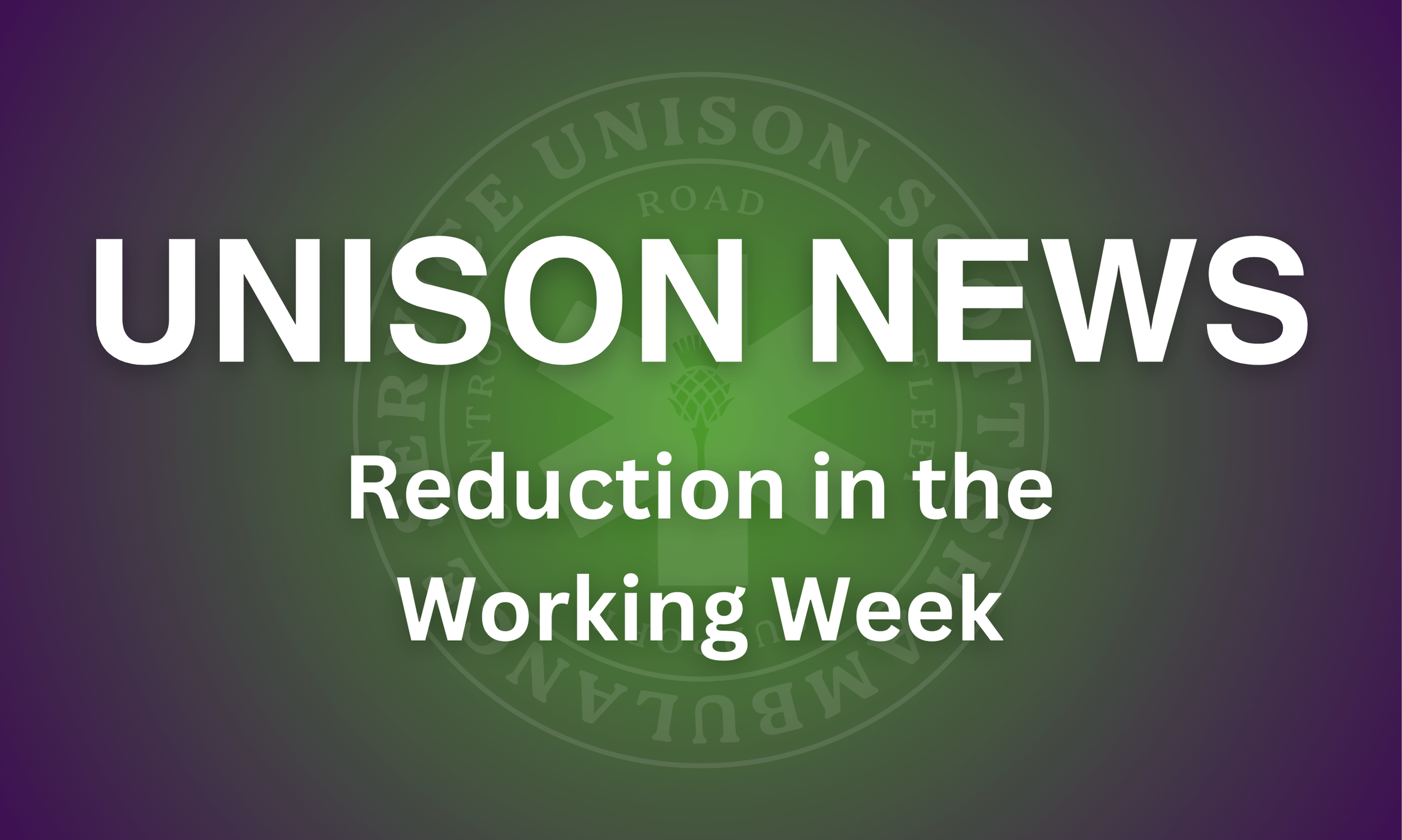UNISON Scotland, together with other unions, has submitted a joint pay claim to the Scottish government for all workers who are in the Agenda for Change (AfC) pay system.
The pay claim is calling for negotiations to secure:
- An offer in which NHS AfC pay is uplifted by a cost of living element which fairly rewards our members in the current financial climate and seeks to resolve historic erosion of their pay
- A robust fully funded proposal to deliver on the areas of consensus previously identified in the AfC Pay Modernisation paper; which does not divert funding from the core pay quantum, during the lifetime of any implementation phase
- A commitment to further discuss those areas of AfC pay modernisation where consensus could not be reached.
You can read the full pay claim here.
What happens next?
Following months of delays, the Scottish government has agreed to open pay talks for Scotland’s health workers on July 31.
UNISON, together with other NHS unions, submitted its pay claim in February and says health workers are disappointed it has taken the Scottish government so long to respond.
In the past weeks, UNISON health members have sent more than 15,000 letters to MSPs from NHS workers calling for the Scottish government to open pay talks.
Matt McLaughlin, UNISON Scotland’s lead organiser for health, said:
“Despite submitting a pay claim at the beginning of the year, the Scottish government has dragged its heels and taken months to get around the table.
“NHS staff are rightly frustrated they have been left struggling with rising living costs while their calls for a fair pay rise are ignored.
“Health workers are the glue that holds the NHS together and the government has to recognise their hard work by putting NHS pay right.”
Non-pay reforms
There were ‘non pay’ reforms agreed as part of the 2023/24 pay deal. The Scottish government, unions and employers were tasked with bringing forward proposals for a review of band 5 nurses; to reduce the working week with no loss of pay; and to protect time for learning at work. We are disappointed that the Scottish government has not yet put forward proposals to implement these promised reforms.
UNISON, with other health unions, sent our proposals to the cabinet secretary for health, Michael Matheson MSP, in November. UNISON has been in regular contact with the cabinet secretary pressing him to publish an implementation strategy as soon as possible.
In mid-January, the cabinet secretary wrote to unions asking for an urgent meeting (read the full letter here). UNISON is always available to meet with government ministers and employers, however, the NHS unions have also written to the minister to make clear we expected him to publish an implementation plan without delay (read the full letter here).
It is not acceptable that the Scottish government has not published an implementation programme for the outstanding elements from the 2023/24 deal. We are clear the Scottish government needs to deliver on what’s been promised.
Get ready for the months ahead
Please look out for future information on these crucial issues. In the meantime you can help us to get ready for the months ahead:





